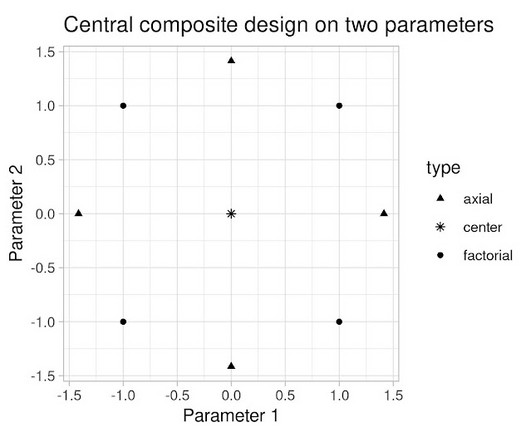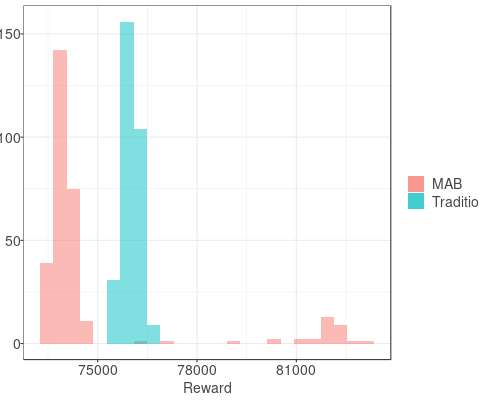Glossary of Digital Terminology for Career Relevance
Rocket-Powered Data Science
JULY 7, 2019
Computer Vision: Data Mining: Data Science: Application of scientific method to discovery from data (including Statistics, Machine Learning, data visualization, exploratory data analysis, experimentation, and more). They provide more like an FAQ (Frequently Asked Questions) type of an interaction.















Let's personalize your content